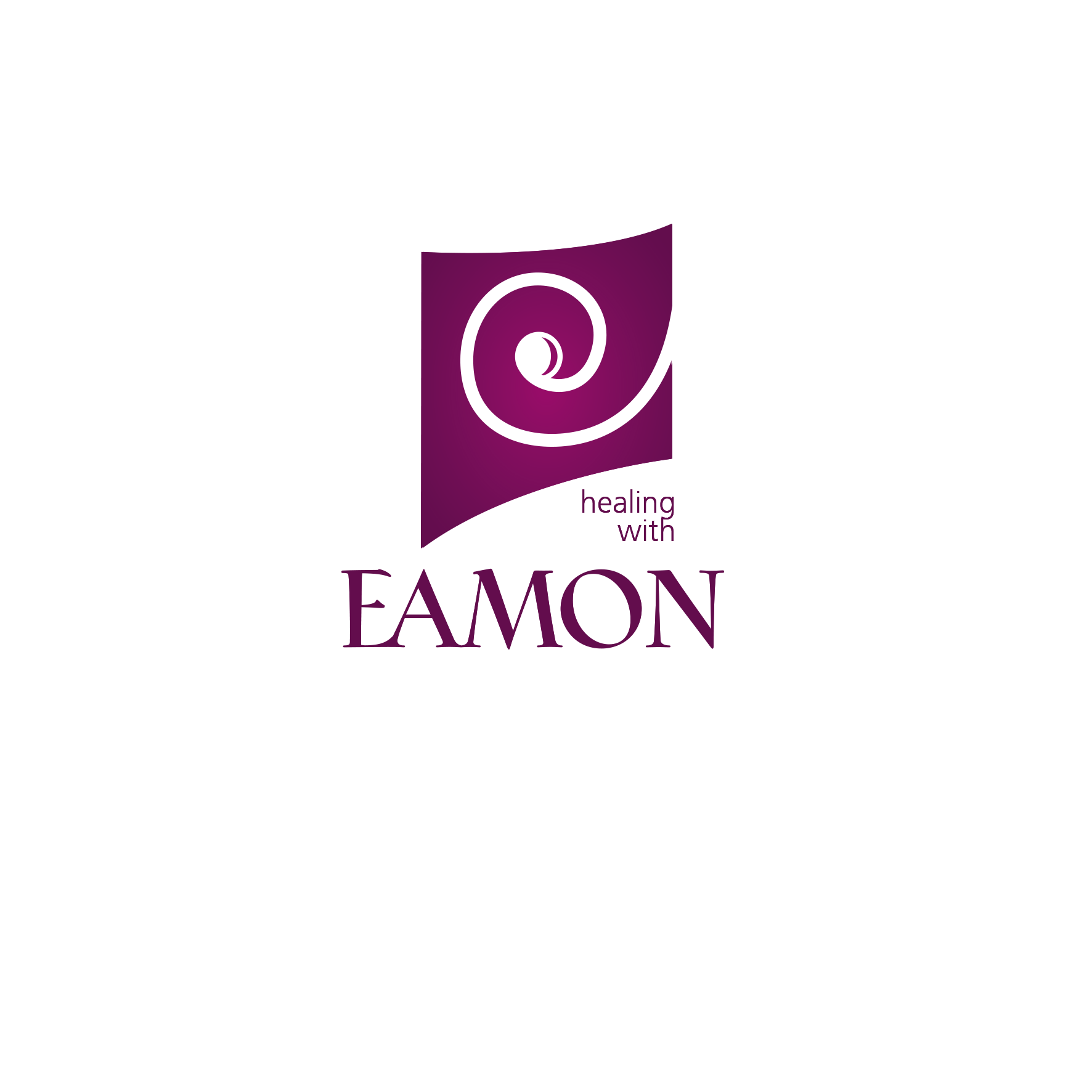Recent research shows a link between your beliefs and well-being. Positive beliefs, comfort, and strength gained through religion, meditation, and prayer can all contribute to your overall health and well-being. Whilst improving your mental health won’t by itself cure a disease you may have, it can help you feel better.
The word compassion means “suffering with”. Compassionate care urges doctors to walk with people in the midst of their pain, to be partners with patients, rather than experts who dictate information to them.
Compassion and spirituality go hand in hand and opens the door to conversations about values and beliefs, uncovers coping mechanisms and support systems. Focusing on the spiritual aspect of patients enables more compassionate care. This can be carried out by contemplative exercises or activities that push you to focus your attention on a particular focus, often an inward reflection or focus on a particular sensation or concept.
Many spiritual traditions have a long history of using contemplative practices to increase compassion, empathy, and attention, and to calm the mind. This common fact of life prompts spiritual caregivers to consider which rituals are most beneficial for each seriously ill patient, rather than simply assuming that sacraments or other formal religious rituals meet all needs.
In July 1995, the Sisters of Providence Health System (PHS), Seattle, convened an interdisciplinary team to develop a study that would demonstrate the positive effect of spiritual care on health and healing. In recent years, most religious or secular health care providers have paid more attention to the role of spirituality in healing as a result.
A detailed review that compared spirituality and religiosity with other health measures found that people with a strong spiritual life reduced mortality by 18%. Following a particular spiritual tradition can bring indirect health benefits as many traditions include rules for being friendly with the body and avoiding unhealthy behaviors.
In recent decades, however, doctors have tried to balance their care by reclaiming medicine’s more spiritual roots and recognizing that spirituality was often linked to health care until modern times. Mental disorders can be treated with the help of spirituality through a psychotherapeutic method called spiritually enhanced cognitive behavioral therapy.
Healing, on the other hand, is spiritual, intangible and experiential and involves the integration of body, mind and spirit.
An important help in the healing process for many is the act of believing and connecting with an inner spiritual awareness. Despite this trend, however, a literature review shows that the healing effects that many patients and doctors attribute to spirituality are not yet reflected in scientific journals. Many Catholic health organizations, see spirituality as an integral part of human life and as an essential factor for health and well-being.
. .
References:
- Spirituality and Health – American Family Physician
- Spirituality and Healing | Harvard Medical School

Eamon Mc Grenaghan has been helping people heal from all forms of emotional and physical ailments since late 2015. His unique gift of Spiritual Insight and understanding of ancient healing techniques allows Eamon to heal from a distance through the quantum field.
Formerly an IT freelancer, Eamon now assists the spiritually aware awaken and tap into their own Divine essence. Your innate spiritual gifts and psychic abilities will be reignited for the purpose of lifting humanity to a higher level of consciousness.

